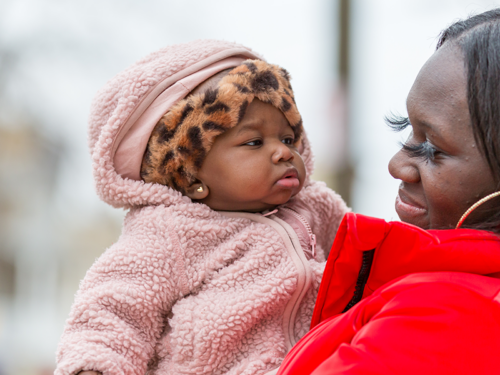

Tracey Long has experienced more tragedy than the average person. Her voice trembles when she speaks of her decades-long battle with alcohol and substance abuse. Her eyes still well with tears when she tells the tale of how she survived her husband’s suicide and her mother’s battle with cancer. Yet, when you meet her, there is an undeniable glimmer of joy in her eyes, a sincerity to her smile, and a confidence in her tone that insists she has not only defeated her own demons, she’s armed with enough courage to help others conquer theirs too.
As the chief executive officer and founder of True Light Recovery, Long has helped more than 50 women, each one a victim of sexual exploitation, abuse, or addiction, by providing them with a safe place to pursue sobriety and a healthy, holistic lifestyle.
Founded in 2015, True Light operates two recovery houses—one in Bucks County and another in the drug-torn Kensington neighborhood in Philadelphia. Both houses offer women evidence-based courses in job readiness, self-esteem, anger management, goal setting, and other life skills that are essential to healing and reclaiming their lives. While meditation, prayer, and bible study are a central part of True Light’s program of daily activities, Long says the Christian nonprofit welcomes women from all walks of life, regardless of their religious preference or the depth of their personal struggles.
“We take women off the streets, fresh out of the hospital or detox; we even take women from prison,” Long explained. “I’m a survivor of everything True Light stands for. So, I know none of them are as broken as they think they are. We all just need a little support.”
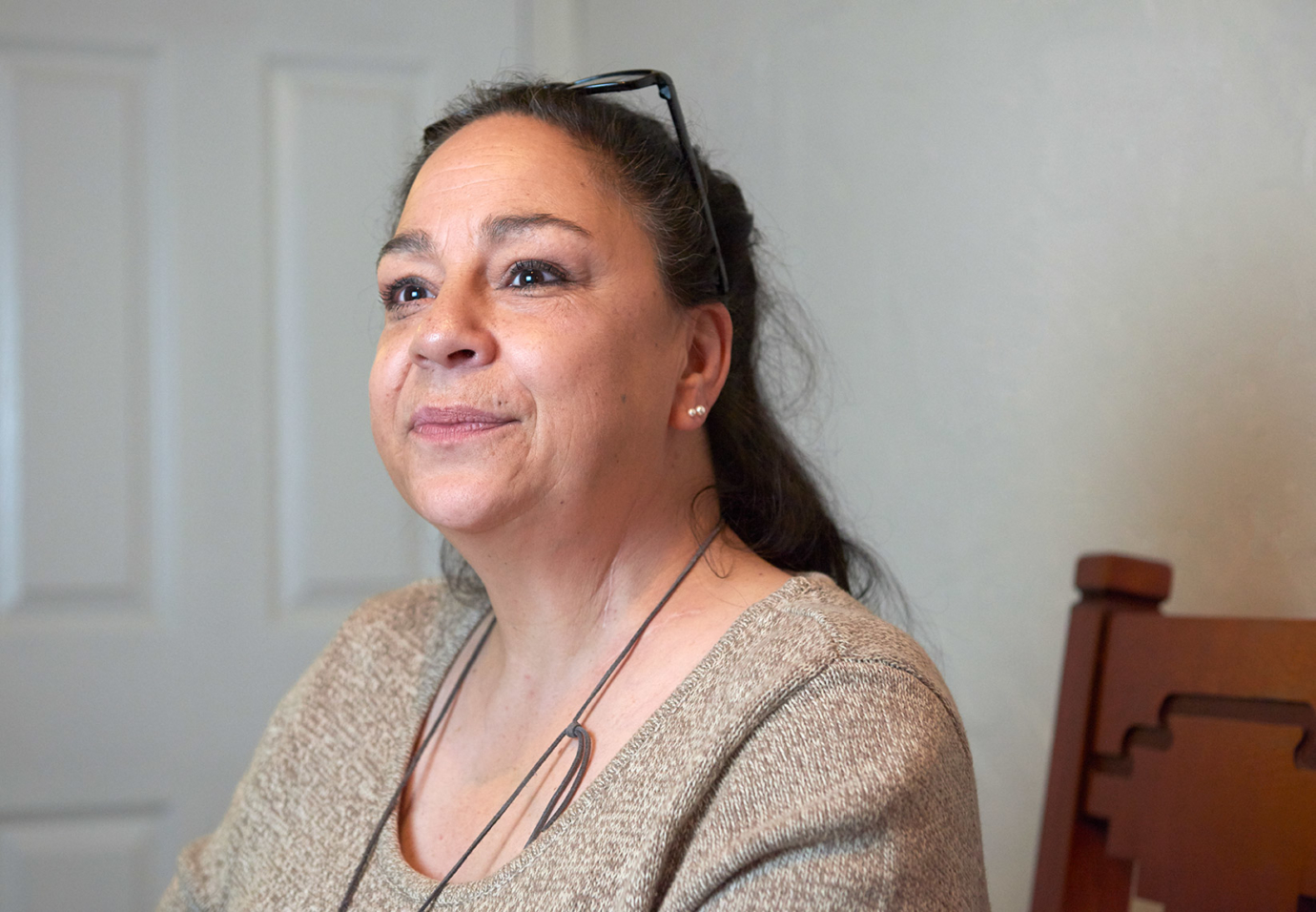
Women come to the True Light Recovery House to turn their lives around.
Every recovery journey is unique. Nina Hershman’s began in 2017. She’d roamed the streets of Illinois, drunk and without a home, for several years before she finally decided to catch a Greyhound back to her hometown, Philadelphia. Hershman didn’t know how she would do it, but she was ready to turn her life around. When she arrived in Philadelphia, her daughter offered her a temporary place to stay under one condition: Hershman would have to sign and honor a written contract that promised she’d completely abstain from alcohol while under her daughter’s roof.
Though she willingly complied, Hershman quickly realized how difficult it can be to pursue sobriety in a non-traditional recovery setting. As comfortable as her daughter’s home was, it presented its share of temptations, and at almost every turn, Hershman found easy opportunities to break her promise to stay sober. In her weakest moment of temptation, Hershman found herself home alone, staring at a six pack of beer that silently taunted her from the top shelf of her daughter’s refrigerator.
“At that moment, I said to myself, ‘I can’t stay here. I’m not going to make it,’” she recalled.
That’s when Hershman shut the refrigerator door, picked up the phone, and called True Light.
“I had reached out to Tracey before on Facebook because somebody had recommended her, but I wasn’t ready then. I was still drinking,” she said. “This was the first time I reached out to Tracey sober and I told her I knew I couldn’t do this alone.”
In less than an hour, Long was at Hershman’s side, helping her pack her belongings for her move to the True Light Recovery House.
“I was so scared,” Hershman recalled. “But when Tracey came, she gave me a hug; she told me I was loved, that I am not my past. And then she said the scripture, Luke 8:48, ‘daughter, your faith has made you whole; go in peace.’ I was raised Jewish but something about those words gave me goosebumps.”
In the weeks that followed, Hershman forged strong bonds with the other women in the Kensington Recovery House. She embraced prayer as a part of her daily routine, and most importantly, she maintained her sobriety.
“Tracey saved my life; her, Jesus, and the program,” Hershman said.
Hershman recovered so well, she soon became a confidant and a source of support for other women in the house; and even, for Long.
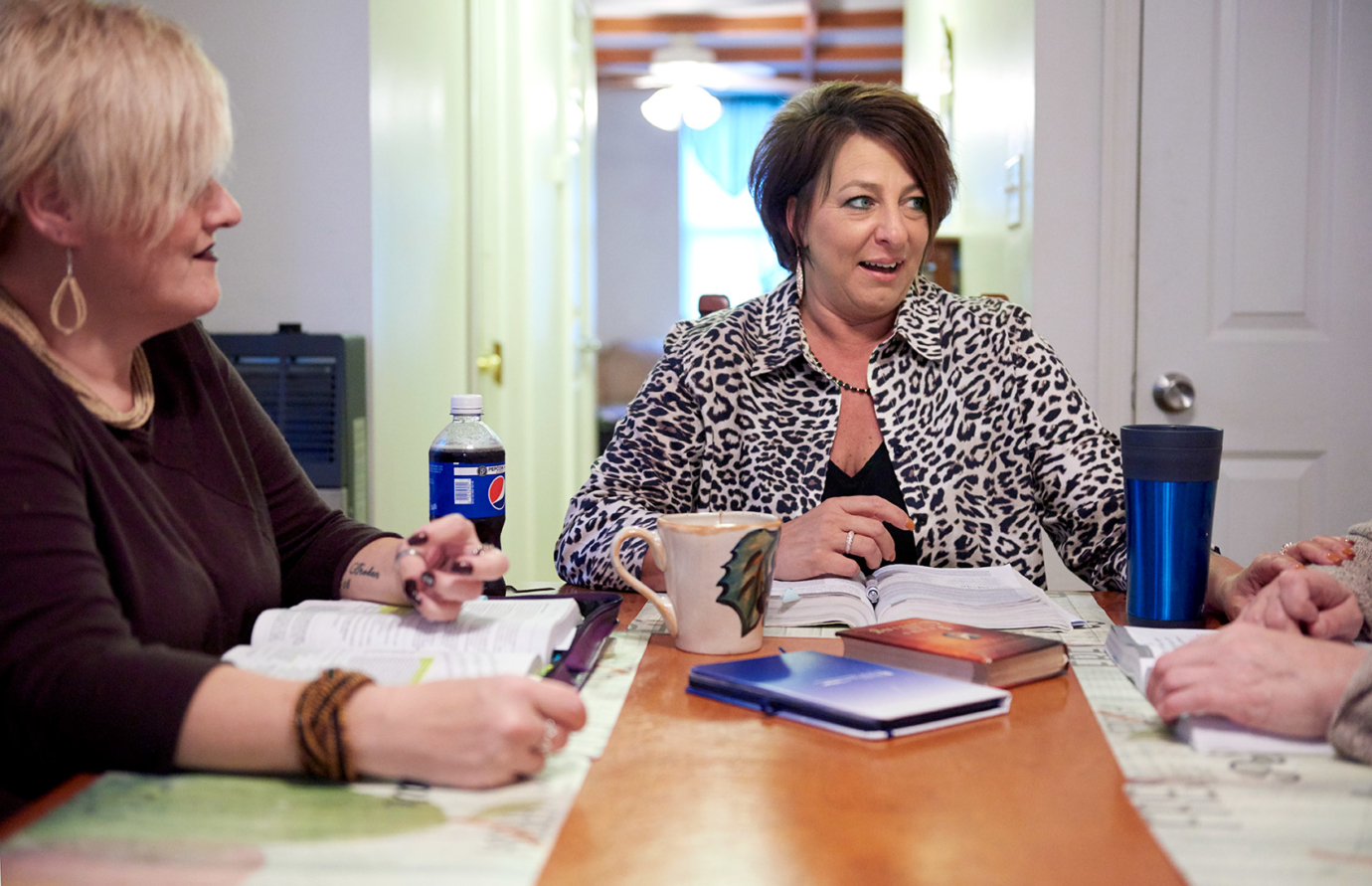
True Light founder Tracey Long (right) forms close bonds of support with the women in the Kensington Recovery House, including now-House Manager Nina Hershberg (left).
They say sometimes it’s the strongest people who need the most support. In late 2017, when Long’s husband committed suicide in the home they shared, she was heartbroken and afraid. He’d taken his own life after a long bout with substance abuse, and for the first time in years, Long felt the familiar weight of depression pulling her down.
“There were a couple of months where I was just numb; there were days when I would just sit in the house all day because I was so depressed,” Long recalled. “That’s when Nina really did step up to help me and to help all the girls in the house.”
During those months, Hershman took over many of Long’s house management duties, ensuring all the women in the house stuck to their schedules and steered clear of any relapses. Even in Long’s weakest moments, Hershman saw strength in her.
“As broken and hurt as she was at that time, I saw her living with grace and dignity,” Hershman said. “That’s what I wanted for the women in the house and for myself. In the midst of tragedy, I wanted to be able to go on.”
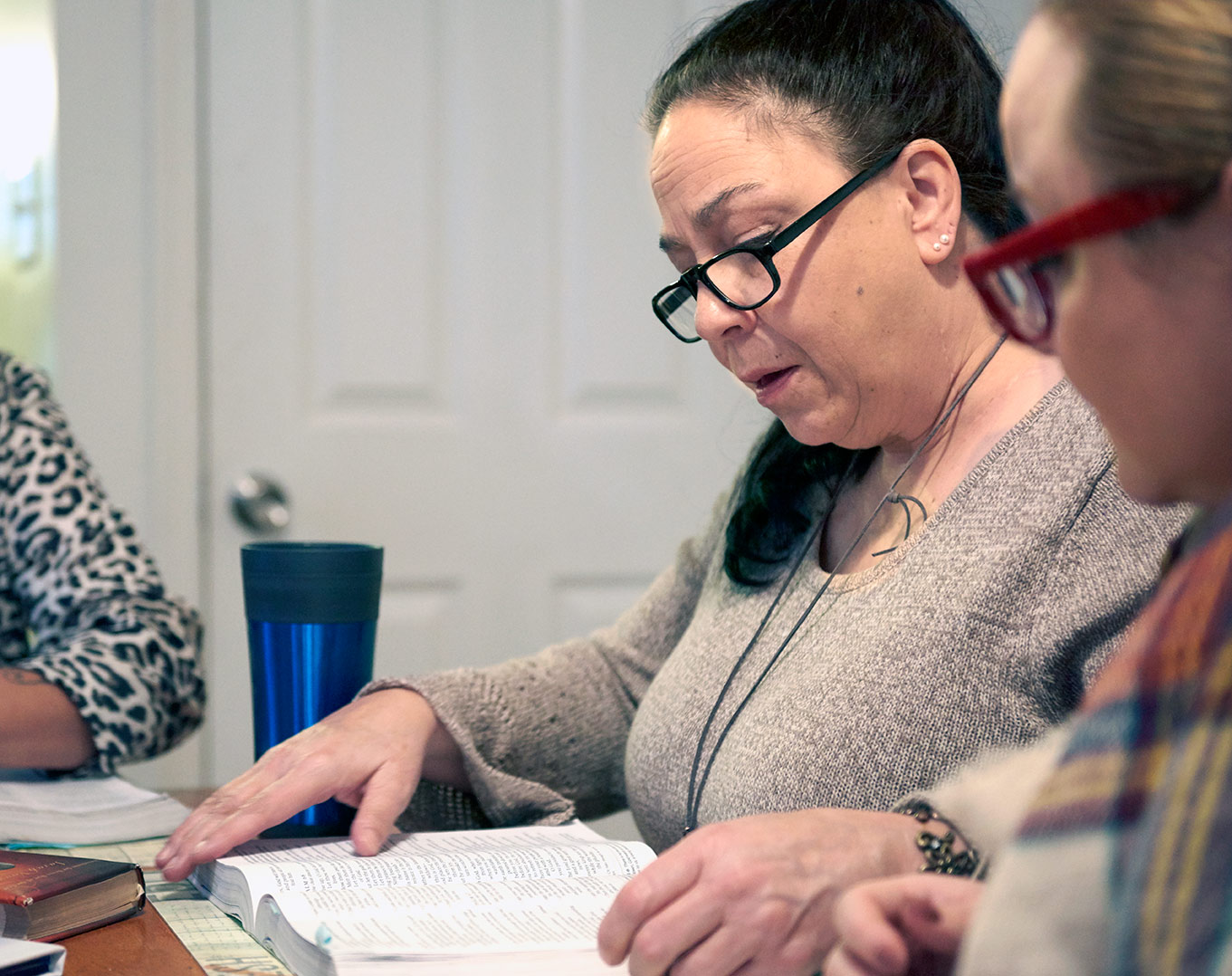
Just outside the doors of the True Light Recovery House on East Allegheny Avenue in Kensington, are endless trappings of the lives the women inside the home are desperately fighting to escape. Needles, empty drug vials, and beer cans litter the sidewalk; homeless people and drug users huddle beneath a subway overpassa beer distributor with unlimited cans of temptation sits less than a five-minute walk away from the recovery home. But inside, a community of women dedicated to maintaining their sobriety vows to never look back.
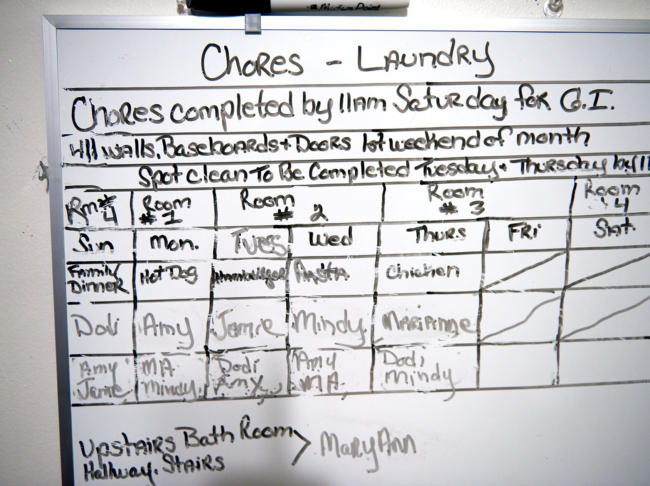
Each day, residents wake up at 8:00 a.m. for personal prayer and devotions. By 10:30 a.m. they’re sitting around the light oak table in the dining room, reading and sharing scriptures as part of their daily Bible study, followed by lunch. At 12:30 p.m., the women engage in lessons on self-esteem, anger management, goal setting and job readiness. In the evening, they gather for dinner at 5:00 p.m. before the day winds down with small group meetings and quiet time.
Over time, they grow accustomed to the program’s structure and their learned discipline and consistency has often translated to jobs and other promising opportunities outside the house.
But when they first arrive, most of the women have little in the way of belongings or financial support. As a nonprofit that has been largely supported by individual donations, True Light has sometimes struggled to provide basic services and amenities to the women who come seeking relief. Hospital of the University of Pennsylvania intensive care unit secretary and a friend of Long’s, Jennifer Loertscher wanted to help change that.
For several years, Loertscher and Long volunteered for the Conquering Life Prison and Recovery Ministries (CLPRM), a non-profit dedicated to helping individuals who’ve been incarcerated due to struggles with substance abuse. Over time, they noticed many of the women in programs like CLPRM were dealing with problems beyond what some of the men in the same program were experiencing.
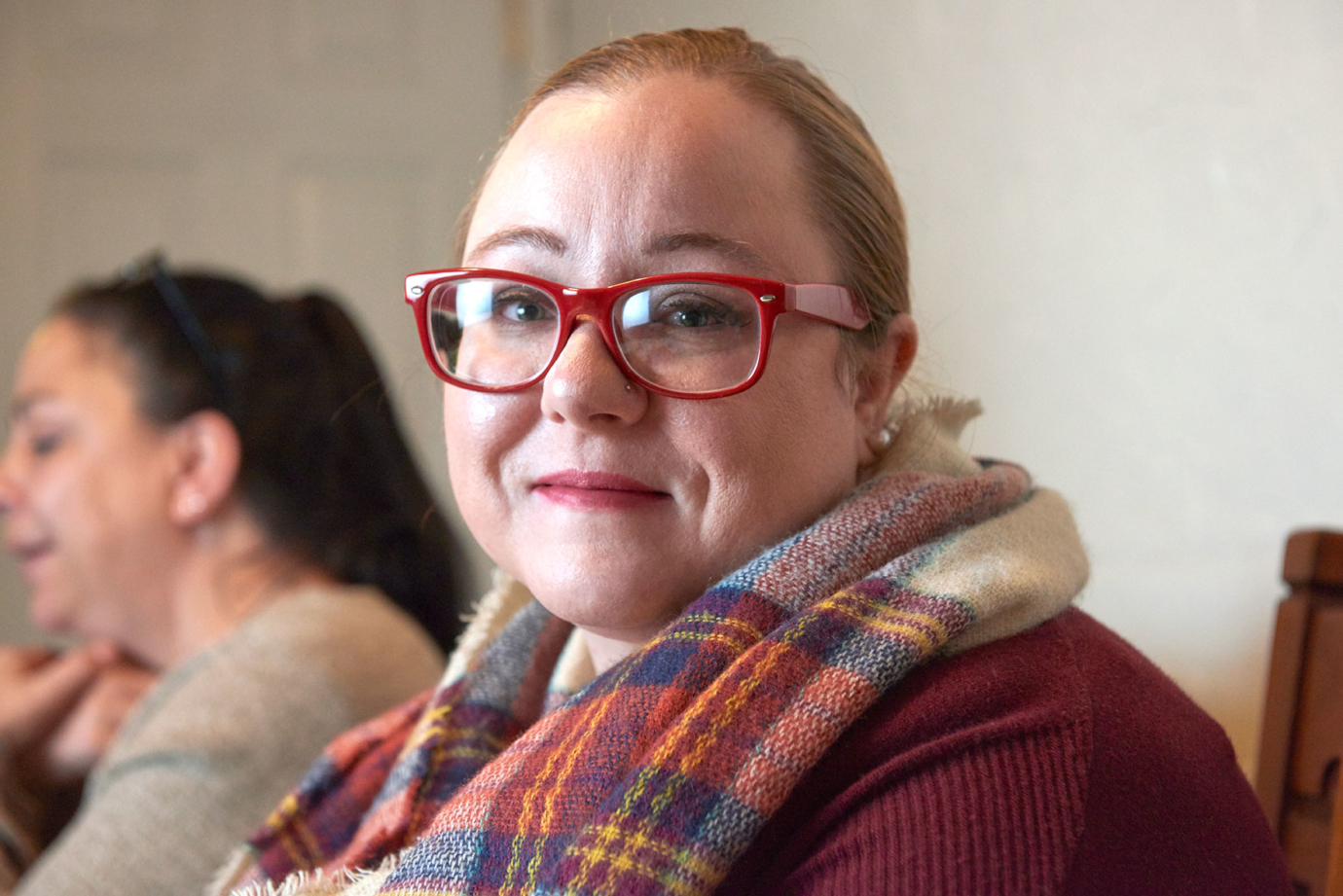
Jennifer Loertscher, an intensive care unit secretary at the Hospital of the University of Pennsylvania, secured a Penn Medicine CAREs grant to supply True Light Recovery House residents with hygiene kits including tampons, sanitary napkins, toothbrushes and toothpaste, multi-vitamins, and more when they arrive.
“We saw a lot of women coming in with issues like being sex trafficked, or having been involved in prostitution; issues that tend to uniquely impact women, that sometimes the men don’t go through,” she said.
In 2019, Loertscher secured a Penn Medicine CAREs grant to supply True Light Recovery House residents with hygiene kits including tampons, sanitary napkins, toothbrushes and toothpaste, multi-vitamins, and more when they arrive. “Women’s need for hygiene products is something that never ends. I saw this as the biggest need we could help with at the time. So, I used the funds to get as much as I could so these women could at least have hygiene products, especially when they first come in.”
Long said the free hygiene kits are just another way the house aims to provide women with as much support as possible, so they feel empowered to turn their lives around.
“They come with nothing and they get everything they need and more,” Long said.
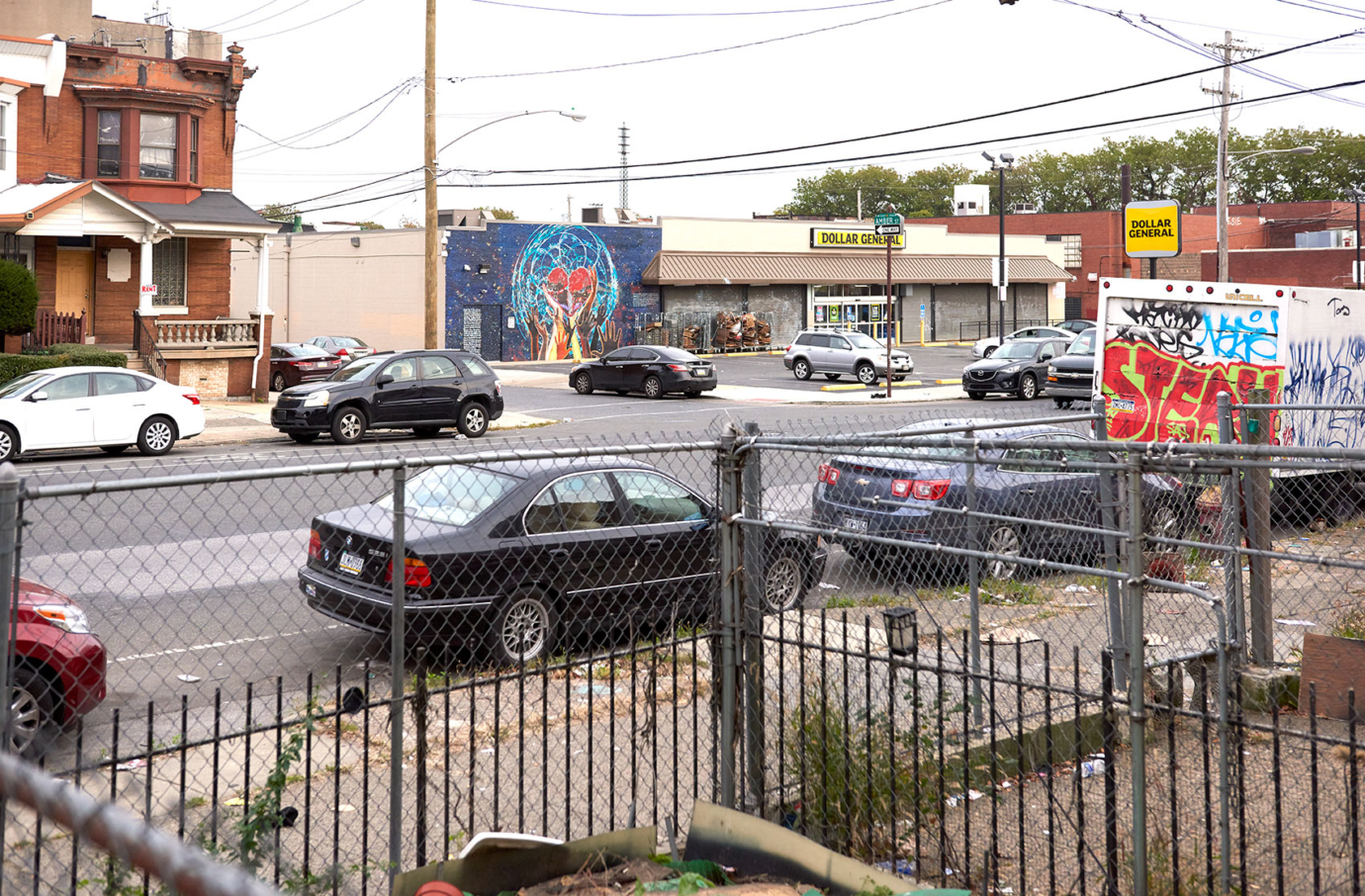
The Kensington neighborhood of North Philadelphia is one of the hardest hit by illicit drug use and homelessness in the community.
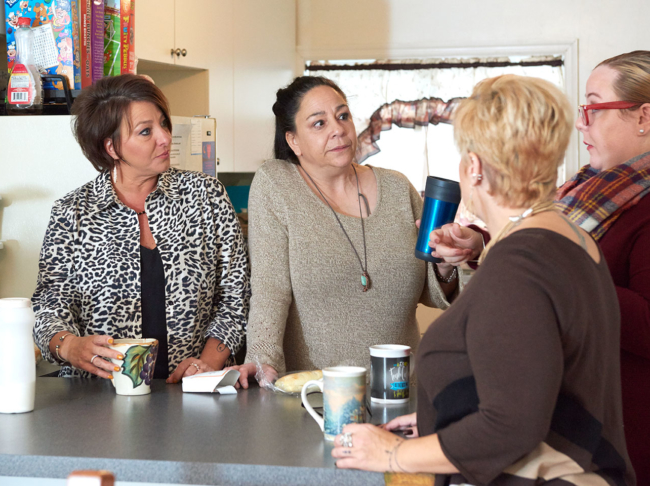
December 2019 marked two years since Hershman moved into the True Light Recovery House in Kensington. She now serves as the house manager, a role that gives her a feeling of great pride.
Hershman believes accountability has been the key to positive outcomes for most of the women in the house, but says having fun is an important part of recovery too.
“Tracey holds us accountable and we all hold each other accountable for doing the work,” she said. “But as much work as we do, we still find time to have fun. Women coming out of addiction and tragedy need to know they can have fun.”
Some women leave the structure of the house and fall back into old habits. Long says her dream is to one day be able to provide transitional housing as a bridge to help women adjust to being on their own. Not all who come to the house fare well. A few weeks into the new year, one of the women relapsed. In keeping with the True Light way, all the residents rallied around to help her get back on the road to sobriety.
The COVID-19 pandemic in the spring brought new challenges home—while it became more important for the women of True Light to stay home to prevent the spread of the virus. Giving up the fun social outings that Hershman and Long previously planned was the least of them. “Some of the girls are unemployed right now,” Long said. “It’s a scary time for us right now. Both houses are filled to capacity and girls are still coming in and we’re still accepting them. Some of them are running from domestic violence situations. I worried about bringing new girls in, because of the virus, but I have to keep them safe from what they’re running from.”
Despite the difficulties, True Light house residents continue to attend their substance abuse support meetings virtually, and they hold joint bible studies between the two houses via FaceTime.
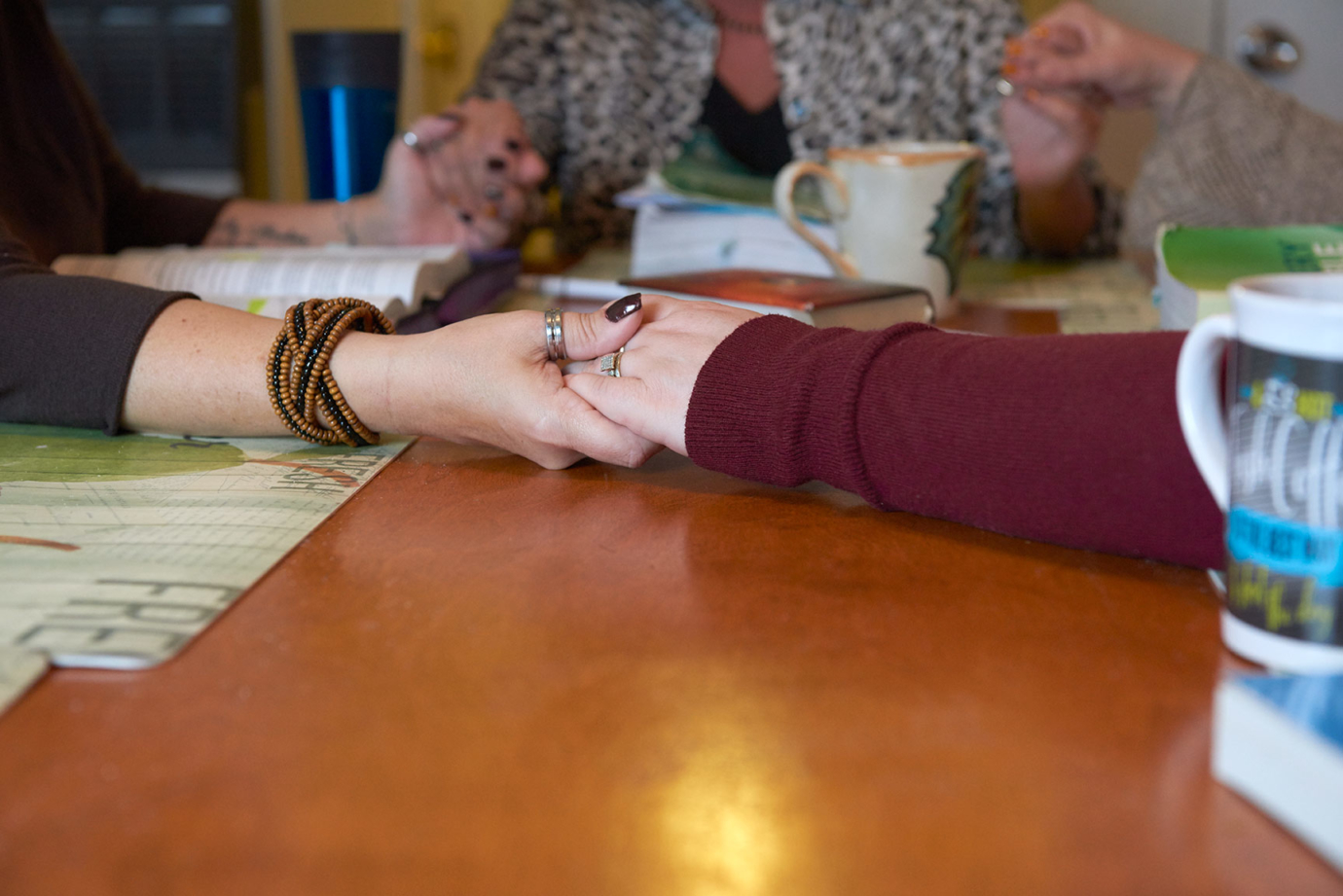
Long said she stays encouraged by thinking of all the women she’s helped so far and all the women who still need her help. A lot of women have passed through True Light over the years; while many have moved out to have success in sobriety, some others have relapsed.
“Over time it gets a little easier to let go,” she said. “You have to because there’s always going to be someone else who needs your time and your support. Knowing my successes, after what I’ve been through and seeing their successes, that’s what keeps me going.”
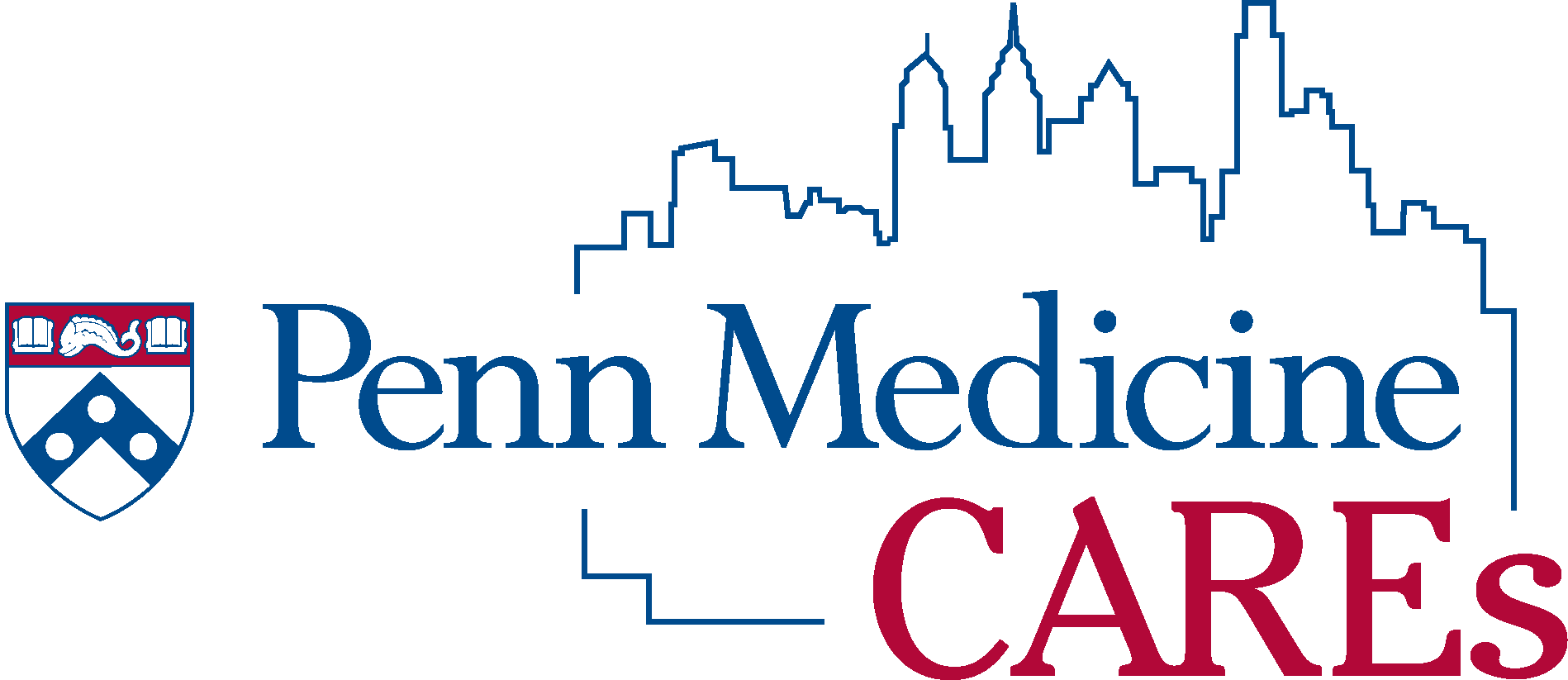


 Finding Faith and Fellowship in Recovery
Finding Faith and Fellowship in Recovery



